HONG KONG—Hong Kong’s pro-democracy activists appeared divided after some agreed to remove some barriers blocking roads and sidewalks ahead of a Monday deadline set by the government and scale back their protests, while others refused to budge.
An alliance of students that has led the massive protests that began on university campuses and then spread to the city’s streets said Sunday that it was resuming discussions with the government over holding talks on their demands for wider political reforms. But it vowed to continue the protests while details of the talks were being worked out, and said those preparations would be halted if the authorities used force to clear protesters from areas they have been occupying for over a week.
“As to whether the government will keep its word we will just have to see,” the Hong Kong Federation of Students said in a statement. “In the meantime all we can do is preliminary preparations.”
Earlier in the day, students occupying the area just outside city government headquarters agreed to remove some barricades that were blocking the building’s entrance, after the government said it would do whatever was necessary to ensure 3,000 civil servants would have full access to their offices on Monday.
The partial withdrawal appeared to be part of a strategy to regroup in another part of town, as protesters were urged to shift from other areas to Hong Kong’s Admiralty shopping and business district, a central location near the government’s main offices that has served as an informal headquarters for the protests.
Officials said they intended to have key streets open for schools and offices by Monday morning, but it was unclear whether they would act to clear the streets and other areas by force or just settle for a partial victory in clearing some roads. The government announced a reopening of schools and some roads, but indicated some disruptions were likely to continue.
Television footage showed a protest representative shaking hands with a police officer outside government headquarters and the two sides removing some barricades together. About 300 demonstrators stood by outside the government building’s main entrance, but then many sat back down and refused to leave.
“I’m against any kind of withdrawal or tendency to surrender,” said Do Chan, a protester in his 30s. “I think withdrawing, I mean shaking hands with the police, is a very ugly gesture of surrender.”
Police said they had to disperse the crowds with force early Sunday because they provoked officers with verbal abuse, while the students accuse police of failing to protect them from attacks by mobs intent on driving them away. The students claim that police had allied with criminal gangs to clear them, but the government has vehemently denied it.
“In the last week we have seen the police have cooperated with gangs and triads. They are no longer law enforcers. I don’t think they deserve our respect anymore,” said accountant Tony Chan, 26.
Large crowds of protesters scuffled with police overnight in the blue-collar Mong Kok district in Kowloon, a flashpoint that has seen violent clashes between pro-democracy student protesters and their antagonists over the weekend. The student protesters upheld their promise to remain non-violent, though the pro-Beijing thugs incited conflicts and the protesters hurled verbal insults.
The hundreds of people milling around in the blue collar shopping district Sunday appeared relatively relaxed as many began to clear out, though some said they were just heading home.
“I don’t know what the next step is, but I will not retreat. The people you see here will not retreat,” said Burnett Tung, an 18-year-old student who has served as a volunteer at a food supply station outside government headquarters all week.
Since Sept. 28, tens of thousands of people, many of them students, have poured into the streets of the semi-autonomous city to peacefully protest China’s restrictions on the first-ever direct election for Hong Kong’s leader, promised by Beijing for 2017. The protests are the strongest challenge to authorities in Hong Kong — and in Beijing — since the former British colony returned to Chinese rule in 1997.
China has promised that Hong Kong can have universal suffrage by 2017, but says a committee of mostly pro-Beijing figures must screen candidates for the top job. The protesters also are demanding the resignation of Hong Kong Chief Executive Leung Chun-ying, the city’s current leader. He has refused to step down.
From The Associated Press. Epoch Times staff member Tara MacIsaac contributed to this report.
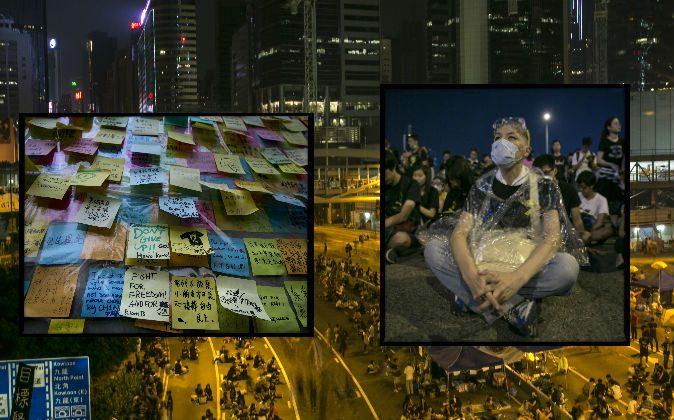
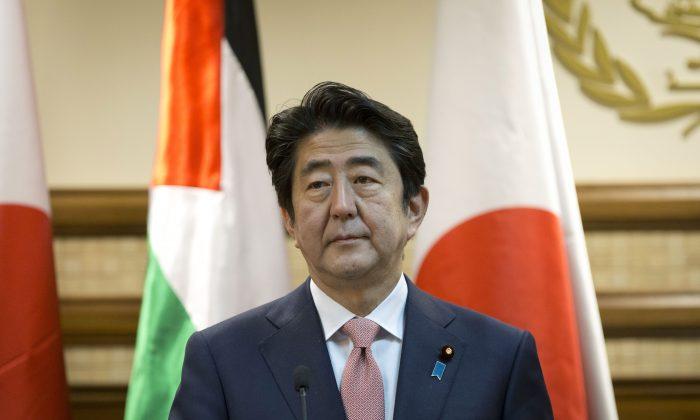
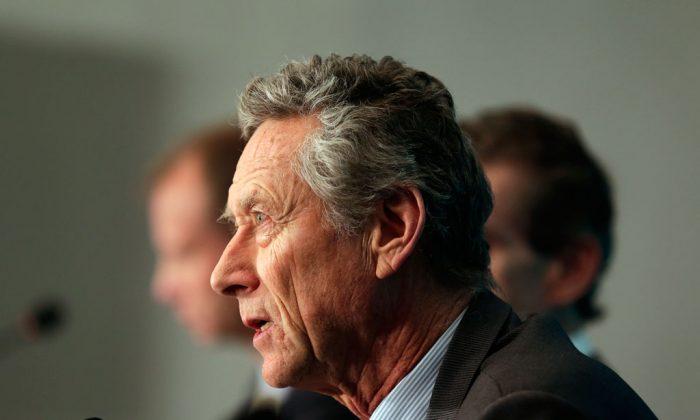
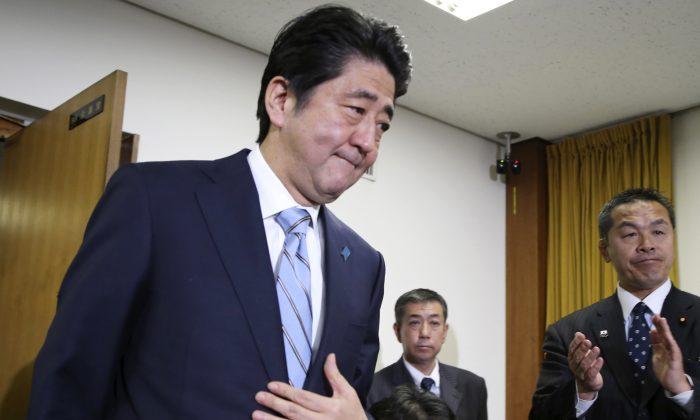
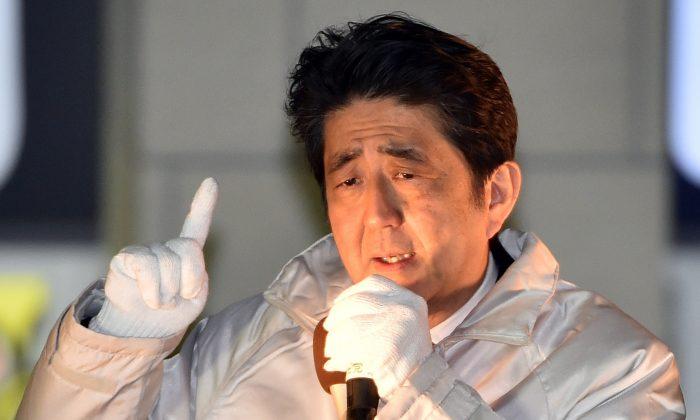
Friends Read Free